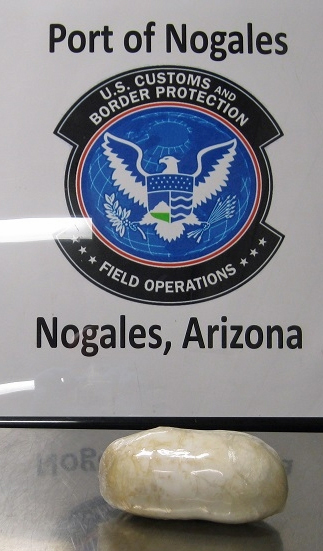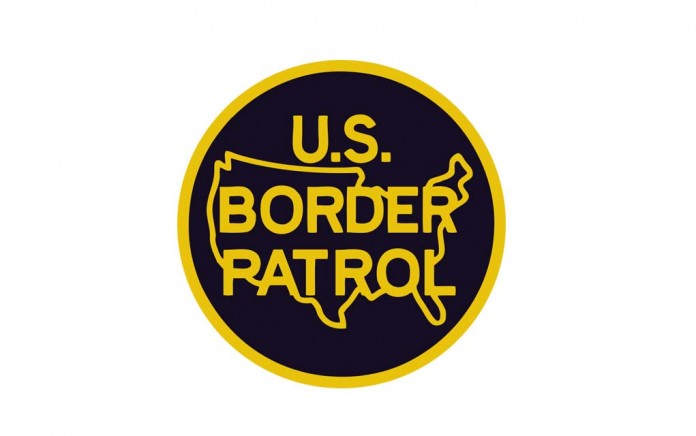Customs and Border Protection officers arrested six Mexican nationals and two U.S. citizens recently involved in multiple smuggling attempts to sneak cocaine, heroin and methamphetamine through the Port of Nogales.
On Sept. 22, officers working with a CBP narcotics-detection canine at the Dennis DeConcini crossing seized $346,600 worth of cocaine, heroin and methamphetamine from a 22-year-old man from Culiacan, Sinaloa, Mexico, after finding the drugs in his Volkswagen sedan.
Later at the DeConcini crossing, officers working with a canine located $55,000 worth of cocaine and meth in a Ford SUV driven by a 40-year-old man from Nogales, Sonora, Mexico.
At about the same time, officers at the Mariposa crossing referred a Jeep SUV for a secondary inspection but found no drugs inside the vehicle. However, officers did discover the 19-year-old male driver and his 22-year-old female passenger, both from Nogales, Sonora, Mexico, were hiding more than 3 pounds of meth under their clothing. Officers estimate the meth to be worth more than $9,000.
On Sept. 21, officers at the Morley pedestrian crossing searched a 22-year-old woman from Nogales, Sonora, Mexico, and found more than $3,000 worth of meth (just over a pound) in the crotch of her clothing.

Also on Sept. 21, a narcotics canine at the DeConcini crossing alerted officers to a Buick sedan driven by a 19-year-old man from Nogales, Sonora, Mexico. Inside the vehicle, officers found $15,000 worth of meth, weighing nearly five pounds.
Officers working at the Morley pedestrian crossing Sept. 20 stopped a 25-year-old Phoenix woman with nearly a pound of meth, worth $2,900, within an unspecified body cavity. At about the same time, officers at the DeConcini crossing referred a 27-year-old Nogales, Arizona woman for further inspection of her Ford van and found $364,000 worth of heroin and meth, with a combined weight of nearly 50 pounds.
In all, officers seized the vehicles and turned all individuals over to U.S. Immigration and Customs Enforcement’s Homeland Security Investigations.
Federal law allows officers to charge individuals by complaint, a method that allows the filing of charges for criminal activity without inferring guilt. An individual is presumed innocent unless and until competent evidence is presented to a jury that establishes guilt beyond a reasonable doubt.
CBP’s Office of Field Operations is the primary organization within Homeland Security tasked with an anti-terrorism mission at our nation’s ports. CBP officers screen all people, vehicles and goods entering the United States while facilitating the flow of legitimate trade and travel. Their mission also includes carrying out border-related duties, including narcotics interdiction, enforcing immigration and trade laws, and protecting the nation’s food supply and agriculture industry from pests and diseases.





